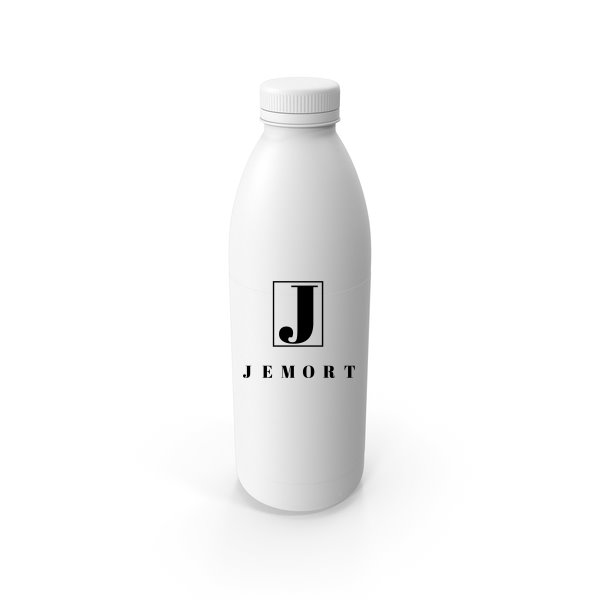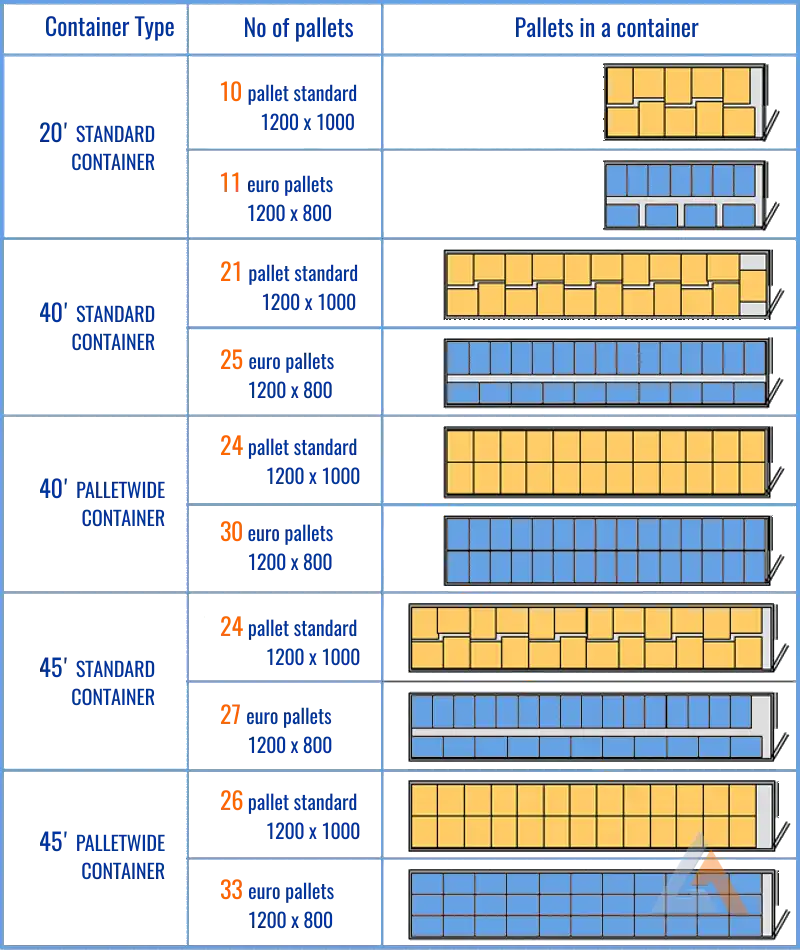Creating a private label hydration drink involves developing and selling customized beverage products designed to help replenish fluids and electrolytes lost during physical activity, sweating, or dehydration. Private labeling allows businesses to offer their unique hydration drink products under their brand name without the need to establish their manufacturing facilities.
Here’s an overview of the private label process for hydration drinks:
- Product Concept: Determine the type of hydration drink you want to create. Consider factors like the target audience (athletes, active individuals, etc.), flavor preferences, and specific benefits (hydration, electrolyte replenishment, etc.).
- Recipe Development: Collaborate with experts to create or customize the recipe for your hydration drink. This involves selecting electrolytes, vitamins, minerals, natural flavors, sweeteners, and other ingredients to achieve the desired taste and functionality.
- Packaging Design: Design the labels, packaging, and branding for your hydration drink bottles or pouches. Eye-catching packaging and clear messaging about the product’s benefits can help attract customers.
- Production Partner: Partner with a manufacturer that specializes in producing hydration drinks. They will produce, package, and label the hydration drinks according to your specifications.
- Quality Control: Implement strict quality control measures to ensure that the hydration drinks consistently meet your flavor, electrolyte content, and overall quality standards.
- Regulatory Compliance: Ensure that your hydration drink products comply with relevant food safety, labeling, and packaging regulations. This may include nutritional labeling and ingredient declarations.
- Distribution: Distribute the private label hydration drinks to your retail locations, gyms, sports events, online store, or other sales channels.
Private label hydration drinks offer businesses the opportunity to provide customers with a unique and branded beverage that supports their active and healthy lifestyle. Effective marketing strategies, including emphasizing the benefits of hydration and electrolyte replenishment, can help your products succeed in the competitive market.








